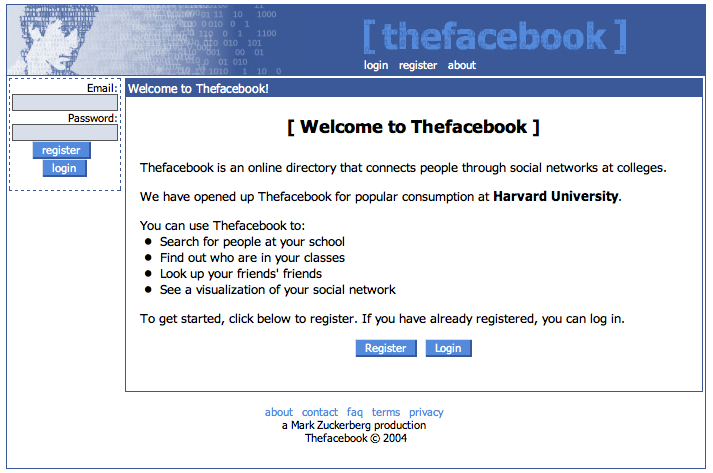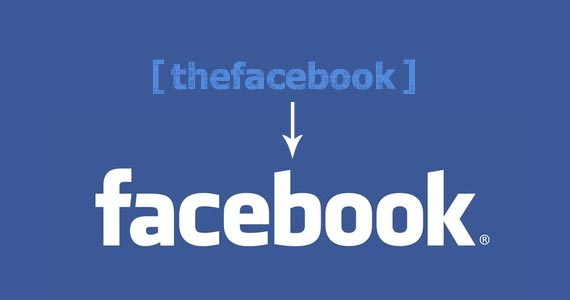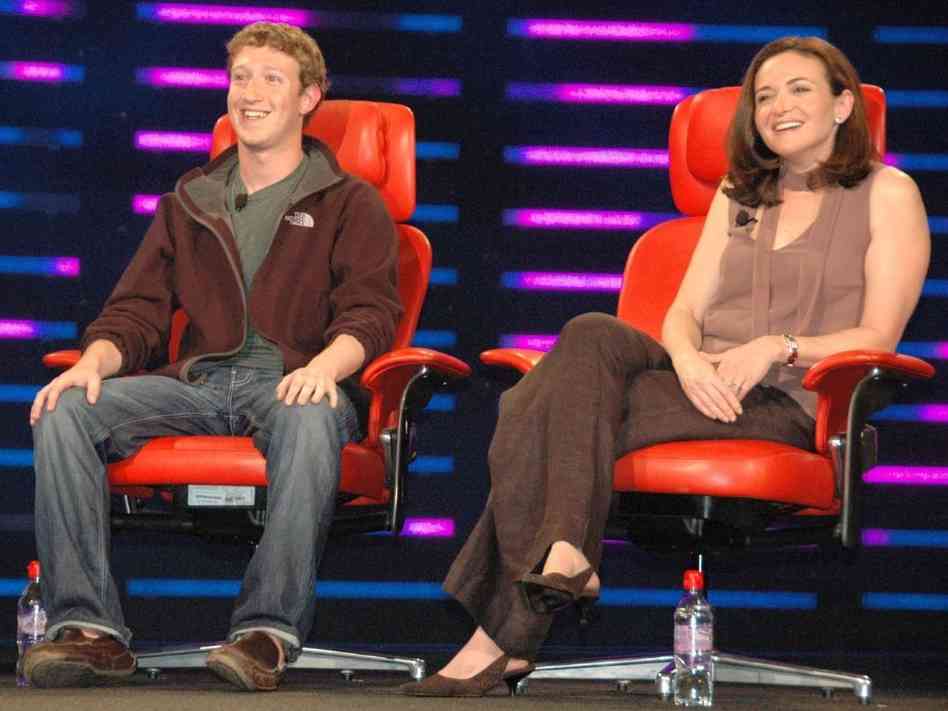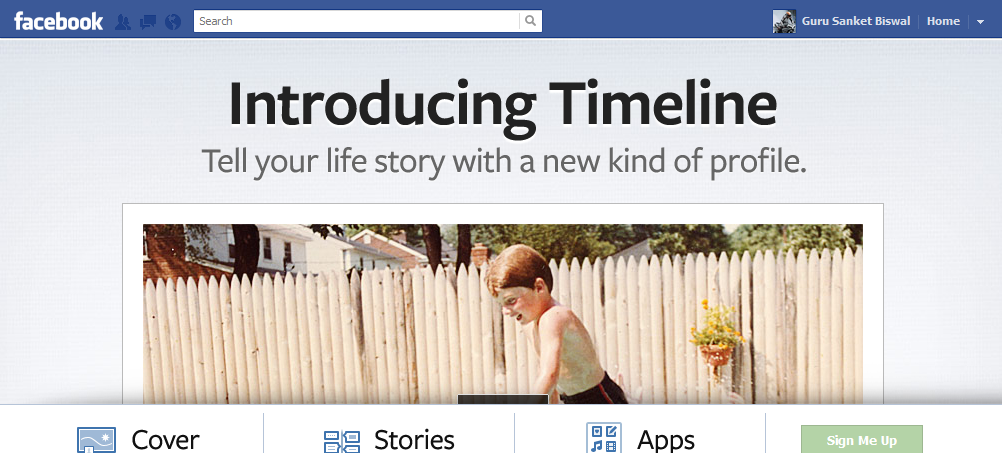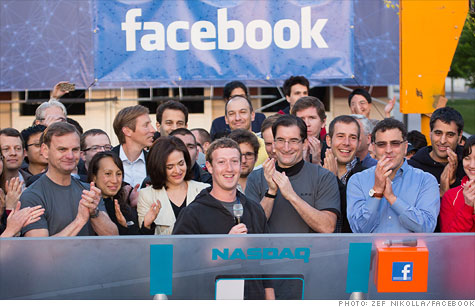On an extremely cold January morning, I got out of my dad’s car and entered my new dorm room on Buswell Street. As a new college student, I felt a mixture of fear and excitement about this new chapter in my life.
Until then, I thought of myself as a bit of a “first-mover” with technology and the Internet. I can still hear the funny beeping noise my 14.4 K modem made when connecting to AOL 1.0. But on that January day, if you had asked me to explain “social media,” I wouldn’t have been able to do it.
On a frigid and late night in a Harvard dorm room, right across town from my dorm room, a slightly intoxicated student named Mark Zuckerberg took to his blog to announce his intention to hack the school’s “facebook.” He decided to create a simple program that would randomly generate two images, side by side, and allow people to vote which one was “hotter.”
This incident landed Zuckerberg in hot water with the University, and nearly got him expelled. Zuckerberg’s “Facesmash,” as it was called, was a direct precursor to Facebook – though it served a very different purpose.
This week, Facebook will turn 10 years old. Has it really been 10 years?
Back in February 2004, I was a young college student in the City of Boston when I heard about this new thing called “Facebook.” Being in a Boston area school, my BU email got me access to Facebook before most of my friends at other schools. I’ll admit it, I joined Facebook to meet girls. But in the years since, I have seen Facebook and the entire world of “social networking” explode into something I could never have dreamed of.
And yes, I did meet a few girls through Facebook while in college.
2004
February:
Zuckerberg launches “TheFacebook,” meant to be a universal facebook for Harvard students. At first, access to the site was limited to Harvard students, but later in the year it begins accepting students from Ivy League and Boston Area schools. Zuckerberg brings on fellow classmates, including Dustin Moskovitz and Eduardo Saverin, into the venture. The latter bankrolls the company until it raises its first round of funding.
March:
Facebook opens to schools outside Boston – first Stanford, Columbia and Yale, and later that year, all lvy League schools
June:
Zuckerberg moves Facebook’s operations to Palo Alto, California. That summer, Zuckerberg meets Sean Parker, and brings him on as President.
August:
The company raises its first round of funding, $500,000, from well-known VC Peter Thiel. In return, Thiel receives 10.2% of the company and a place on its board.
2005
April:
Facebook receives its Series B funding of $12.7 million from Accel Partners. Having only been around for 1 year, the company is now valued at almost $100 million, with nearly zero revenue. Not only that, but cash flow statements from that year show that Facebook suffered a net-loss of $3.63 million.
August:
Thefacebook officially becomes “Facebook” and buys the domain www.facebook.com for a reported $200,000.
October:
Facebook expands to universities in Australia and New Zealand, increasing the social network’s size to over 2,000 colleges and more than 25,000 high schools throughout the United States, Canada, Mexico, the United Kingdom, Australia, New Zealand, and Ireland.
2006
March:
An unknown bidder reportedly offers to buy Facebook for $750 million – Zuckerberg rebuffs.
April:
Facebook raises yet another round of funding, this time $27.5 million – placing its valuation at approximately the $500 million mark.
September:
Facebook opens membership to anyone over the age of 13 that has a valid email address. This marks a shift in Facebook’s identity as a social network for students, and brings it to the mainstream public.
2007
November:
Facebook hosts nearly 100,000 pages for businesses, setting the stage for its expansion into a marketing tool.
October:
Microsoft invests $240 million in Facebook. In return, it receives a 1.6% stake in the company. Facebook is now valued at over $15 billion.
2008
March:
Facebook brings Sheryl Sandberg on board as COO in a bid to start monetizing. Within a year, Facebook is to become profitable.
August:
Facebook’s user base reaches 100,000,000.
2009
August:
Facebook acquires the social media news aggregator FriendFeed for nearly $50 million.
September:
For the first time in its 5 year history, Facebook operates on a profit. The company also announces it has reached 300,000,000 users.
2010
February
Kicking off a year of acquisitions, Facebook purchases Octazen, a startup that lets you import contacts. The purchase is described as a “talent acquisition” by spokesperson Larry Yu.
April:
Facebook acquires photo sharing startup Divvyshot. While the purchase price remained undisclosed, this was considered another “talent acquisition,” and the price was most likely low.
2011
January:
Facebook raises an additional $500 million from Goldman Sachs, bringing its valuation to $50 billion.
October:
Facebook launches its first iPad app.
December:
A completely redesigned profile interface, called the Timeline, is introduced.
2012
April:
Facebook surprises the world with the announcement that it has purchased the photo sharing startup Instagram for a whopping $1 billion. When the acquisition takes place, Facebook has not yet monetized.
May:
Facebook goes public. On the day of its IPO, Facebook stock is worth at $38 per share, valuing the company at $104 billion. The stock will fluctuate for several months before stabilizing -and exceeding, its IPO price.
2013
January:
Facebook launches “Graph Search,” a semantic search engine designed to provide answers to natural language queries instead of a list of links.
October:
Facebook announces that mobile ads represent 49% of its total revenue, which stands at $900 million for the quarter. Also, Facebook announces the purchase of Onavo, an Israeli startup, for $150 million. The decision to keep the company’s R&D center in Israel establishes Facebook’s first presence in the country.
August:
Facebook redesigns the News Feed. The change in its algorithm causes only 20% of users’ connections’ updates to appear in the News Feed.
2014
January:
A report that 3 million teens have left Facebook since 2011 sends shock waves through the blogosphere. While some claim it is the beginning of the end for Facebook, others see it as an opportunity for businesses catering to an older demographic.
February:
Facebook releases its earnings for the fourth quarter of 2013. In the report, the company announces a 63% quarter-over-quarter increase in revenue – causing its stock to soar.
Image credit: Coletivo Mambembe via flickr.com

